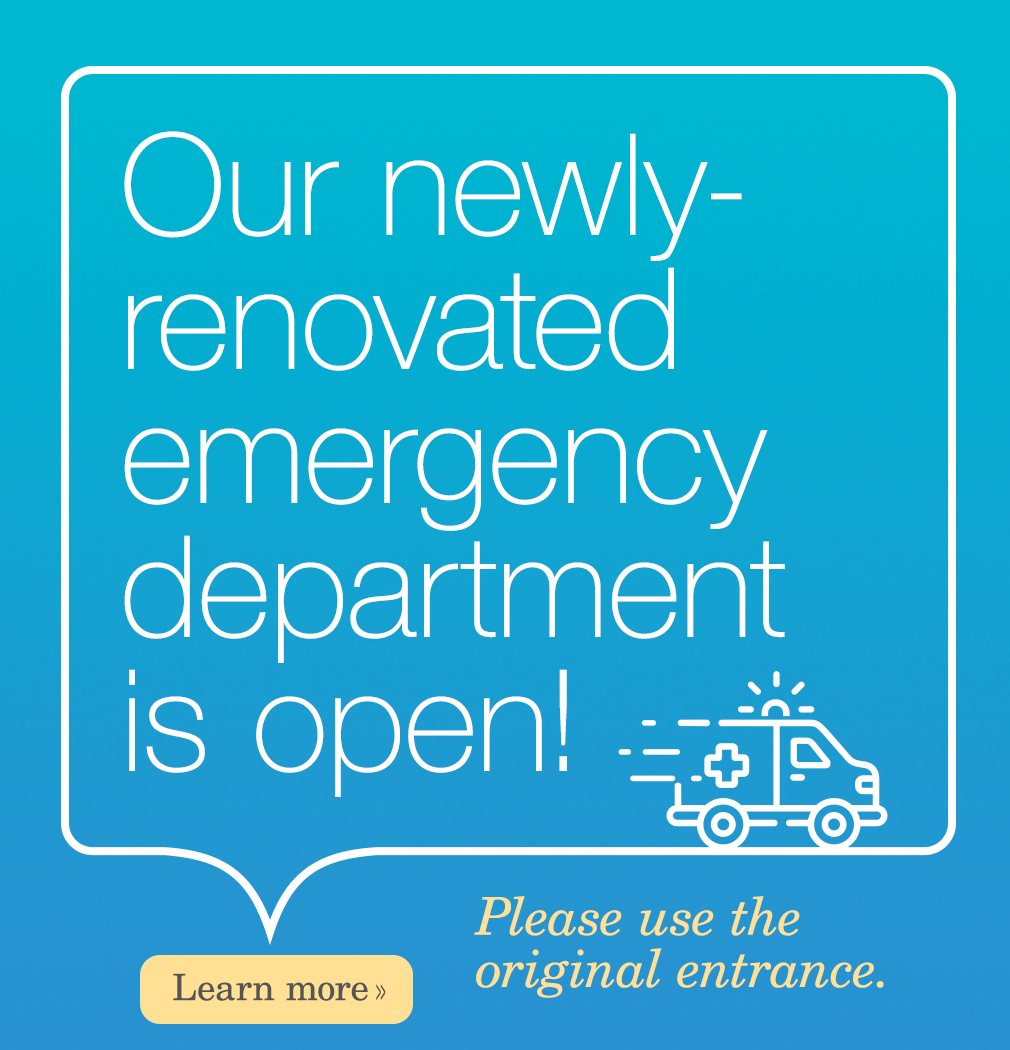Yes. Mammography absolutely saves lives by helping detect breast cancer, often long before a lump can be felt in the breast. In fact, “mammography has helped reduce breast cancer mortality in the U.S. by nearly 40% since 1990” according to the very informative and helpful mammographysaveslives.org website of the American College of Radiology. I was struck by the other facts shared: “3/4ths of women diagnosed with breast cancer have no family history of the disease and are not considered high risk” and that “1 in 6 breast cancers occur in women aged 40-49.” As Mother’s Day approaches and our thoughts turn to the women in our lives, this is a perfect time for each of us to commit to doing what our own moms would want us to do and take the time to ensure our own health. Screening mammography is an important component of that!
It is so important to understand the value of mammography as it can detect breast cancer “early, when it is most treatable. In fact, mammograms show changes in the breast up to two years before a patient or physician can feel them. Mammograms can also prevent the need for extensive treatment for advanced cancers and improve chances of breast conservation.” As we work to improve the quality of our lives and bend the cost curve of healthcare by embracing healthy lifestyles to prevent illness, we must remember the importance of early detection as well. Mammography does not prevent the onset of breast cancer, but it absolutely can reduce the need for more costly treatments and helps increase the chances of overcoming the disease and going on to enjoy a healthy, happy life.
The recommended frequency of mammography for women varies based on circumstances, so it is best that you have a conversation with your primary care provider about what schedule is right for you. For the general population, the American Cancer Society recommends an annual screening mammogram beginning at the age of 40. The age to begin mammography, frequency, and clinical approach can shift given risk factors, so please speak to your provider about what is right for you. Our community is fortunate to have strong access to quality Primary Care and Women’s Health providers. Having an ongoing wellness and prevention relationship with a physician, nurse practitioner or physician assistant gives you an important partner in your personal health. If you need help finding a provider, call NMC Community Relations at 524-1280.
Remember, there are resources available to help with the financial side of screenings if cost is a barrier. At NMC, we have taken steps to ensure that all women (and men, actually) can get the preventive breast care they need, regardless of financial resources. Our breast care RN nurse navigator, Chelsea Mulheron, works with individuals to identify barriers to care, connect them with available resources, and assist each person on their path to better health. Some Vermonters still do not have health insurance and others are ‘under insured” and face deductibles or out of pocket expenses which prevent them from having preventive care. According to a state report, 23% of Franklin County residents were under insured. That is nearly one in four of us, so if you are in this situation, you are not alone and you do not have to hesitate out of concern that others may be in greater need. Help is available through the (easy to apply for) Ladies First Program through the Vermont Department of Health. Plus, our community is well served by the wonderful Jim Bashaw Fund for Cancer and Catastrophic Illness, so if you do need help with treatment after a screening, help is also available then as well. If you have questions about financial assistance relating to mammography, please reach out to Chelsea, NMC’s Breast Care Navigator, at 524-1242 or [email protected] She can help you with Ladies First and other sources of assistance.

